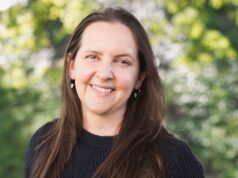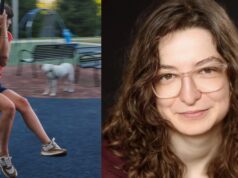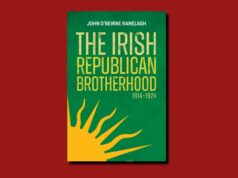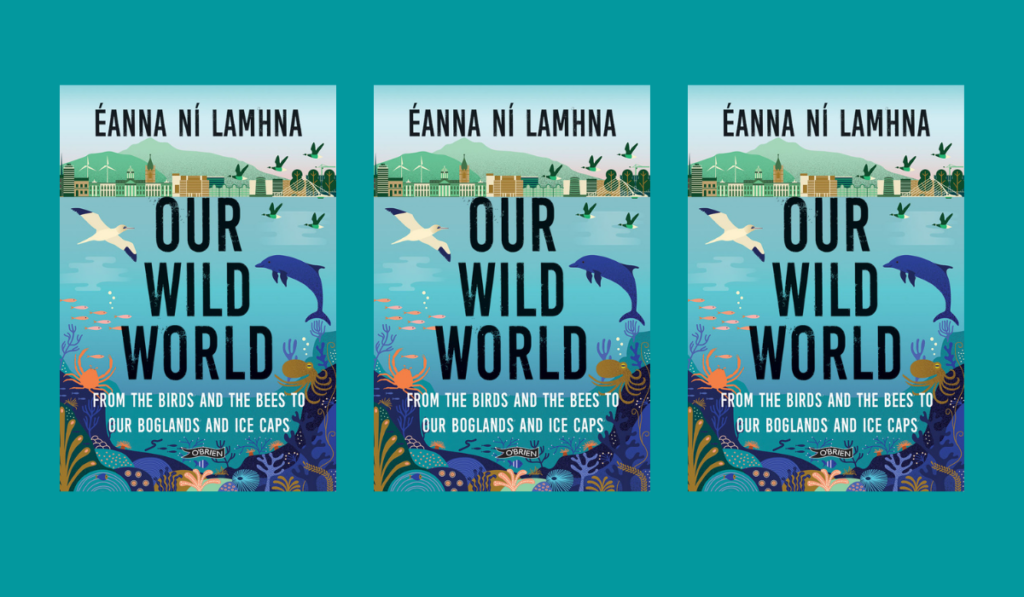
Our Wild World|Éanna Ní Lamhna|The O’Brien Press|IBN:9781788492331|€16.99
by Éanna Ní Lamhna
The theme for this year’s World Earth Day on 22 April is Restore the Earth. We are all looking forward to things going back to normal as soon as possible. When we have finally ended the restrictions imposed by COVID 19, it cannot be back to business as usual in the way that we treat our natural world and exploit its resources in a totally unsustainable way.
If we all really knew and understood the impact our way of life is having on the planet, we would be screaming for intervention from wherever solutions could be put in place. If we really appreciated how the natural world works, then we would undeniably understand how disproportionate our role is, and we would seek to change it.
I have spent my life talking about how the world works. I have brought people out and about and shown them nature in action. I have addressed groups with my trusty slide projector and slides as props, and spelled out in detail how wildlife makes a living. I have used the medium of radio for the past thirty years to spread the message – and indeed television too when the opportunity presented itself. I have always felt that if we knew how the world of wildlife works, if we were interested in the creatures we shared our surroundings with, if we knew and appreciated something about them, then we would consider that they were important enough to be allowed exist. After all, so-called primitive peoples knew this long ago.
But in fact, since the 1970’s the actual number of wild creatures on the planet has been reduced by 50%. Not species as such but actual population numbers. Habitat destruction and climate change is destroying the world as we know it. In spite of all the access to information online, it seems to me that many people know less about the world they live in than ever. They are less interested and less curious. Meanwhile their actions are having more and more detrimental effects.
So I decided to put pen to paper – again – and write down what is happening to our world. Hence this book – Our Wild World. Written for an audience of readers from nine to ninety. Scientifically correct, but written in a light-hearted style, as if I were explaining in person. From basic things such as what exactly pollination is and the implications of it no longer happening. How and why hibernation happens. Where some of our bird species go in winter and why on earth they come back again in spring. Why bogs, lakes and sand dunes are vitally important. What biodiversity is and how we cannot exist as the only species on the planet. How our reaction to an unknown insect should not be “What is this and how do I get rid of it?” How growing trees – any trees at all – is our only way of reducing the increasingly high levels of carbon dioxide in the air that cause global warming. Burning fossil fuels for the last two hundred years has caused this. This will all eventually stop; we will soon run out of turf in Ireland as they did years ago in the Netherlands and England. We will have to find some other fuel then, so why not now? Why wait till the irreplaceable bogs are gone?
International co-operation made the production of vaccines against Covid possible in an unprecedently short time. The same international co-operation could put a halt to climate change but not if we are still being told there are ten years to go before it is irreversible. How can we possibly be sure of that? The clock is ticking, and our time is running out.
I took inspiration for the book from my interactions with the public via radio and television appearances and emails and other communications received. I addressed the topics that people seemed most interested in finding out about. Because if we knew – really knew – and understood the harm our way of living is causing, then maybe we would be more favourably disposed to measures put in place to combat it and indeed we might be clamouring for more.
So here it is – a book about how the world works. The things we should have learned along the way but somehow seemed too hard, or too boring, or too depressing to find out about. I have aimed this book at all those who have responded “I never knew that” to things I told them about our world and the species we share it with (for however longer). But the written word is more long-lasting than the spoken word, so I have returned to writing books. Mind you I haven’t stopped talking either.
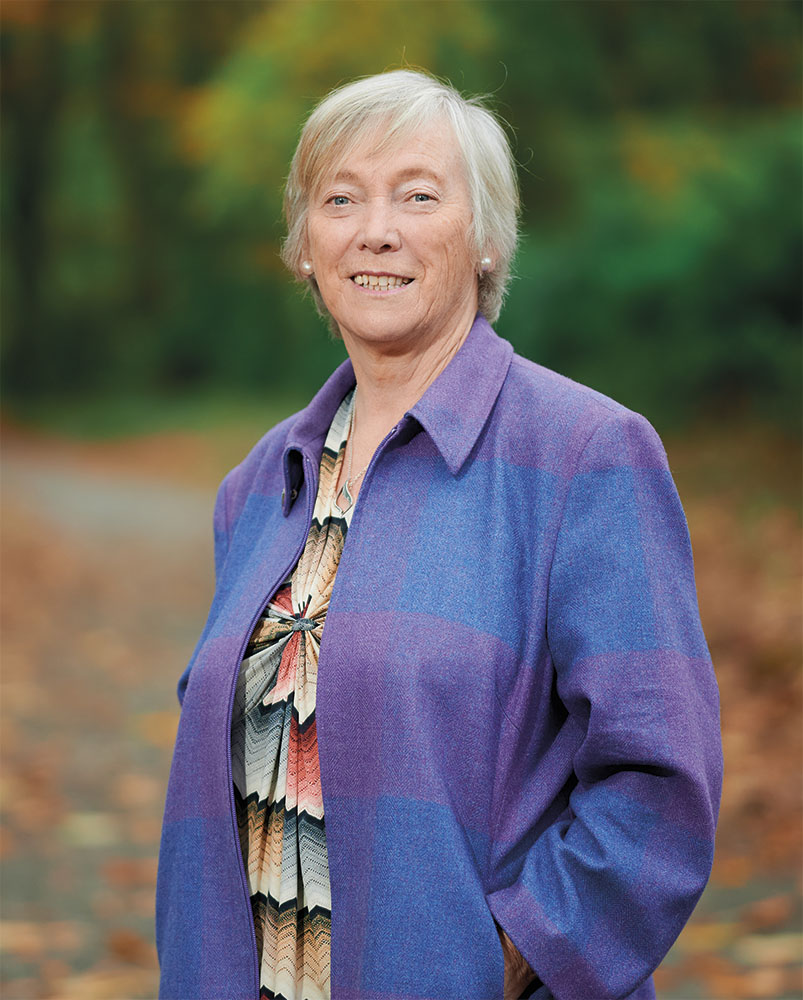
Our Wild World – From the birds and the bees to our boglands and ice caps by Eanna Ní Lamhna is out now. Published by The O’Brien Press and available from all good bookshops and www.obrien.ie








